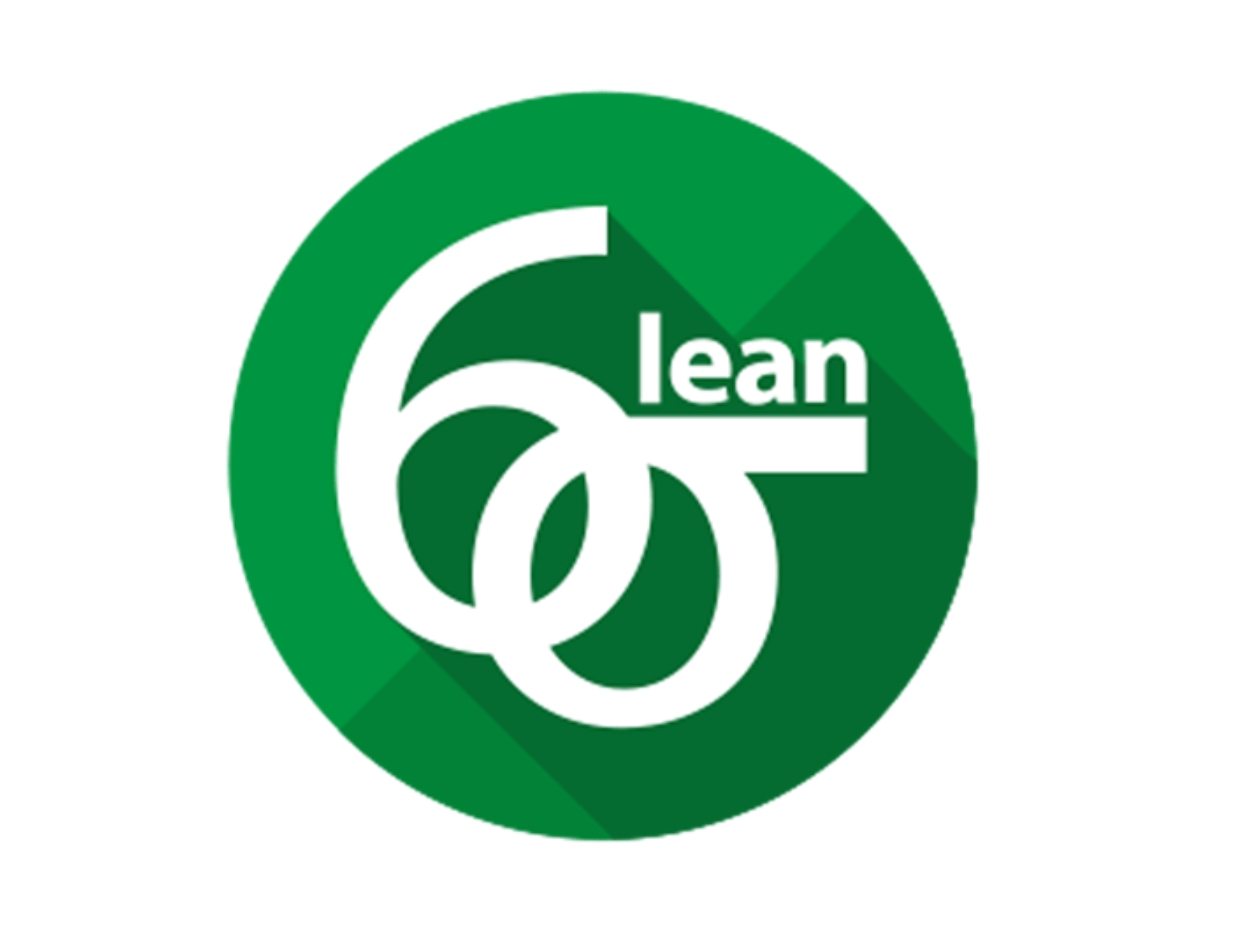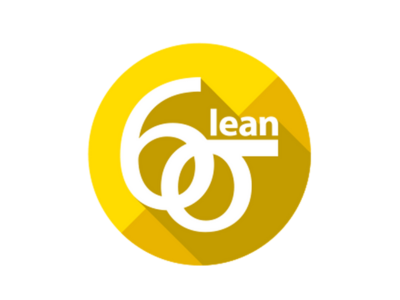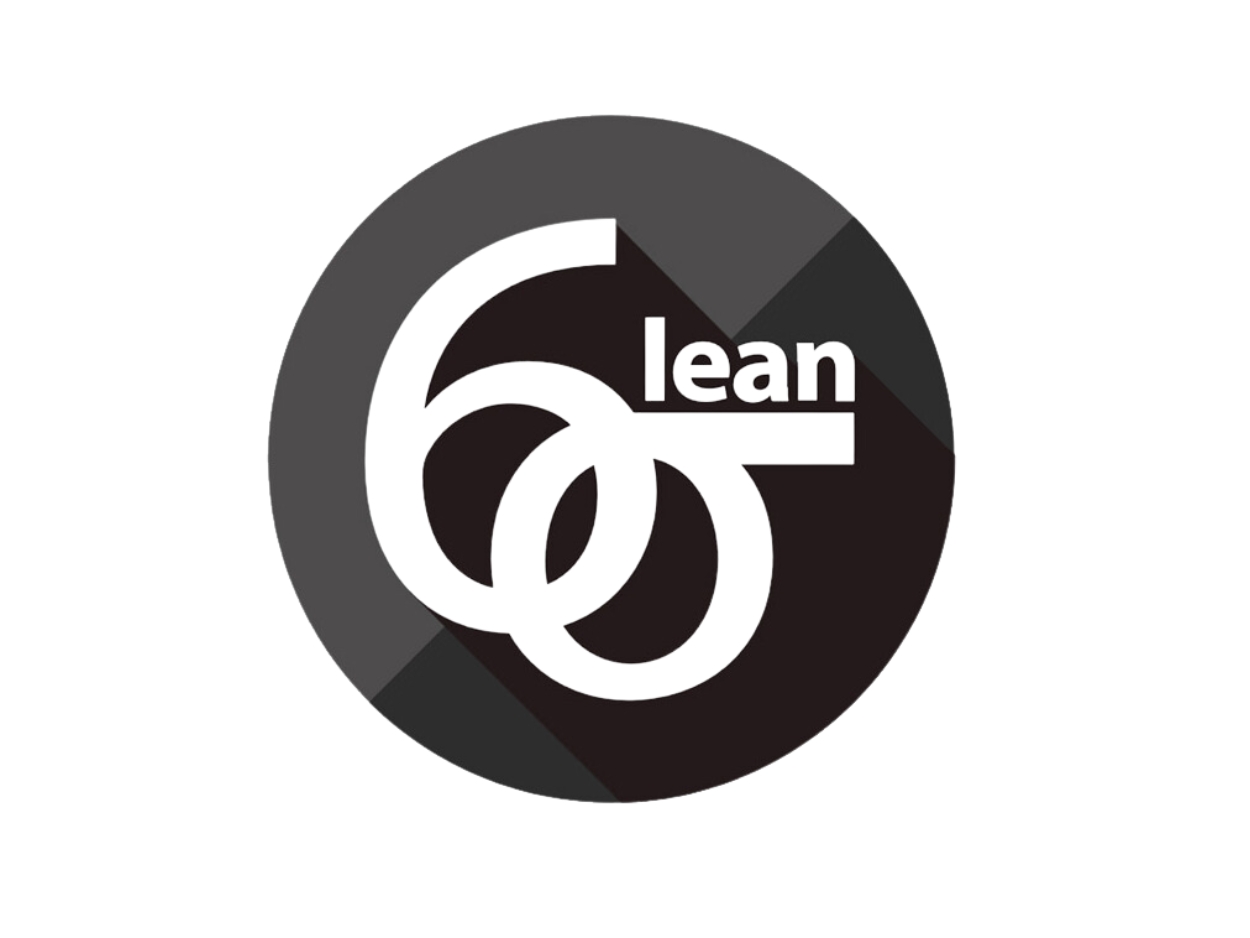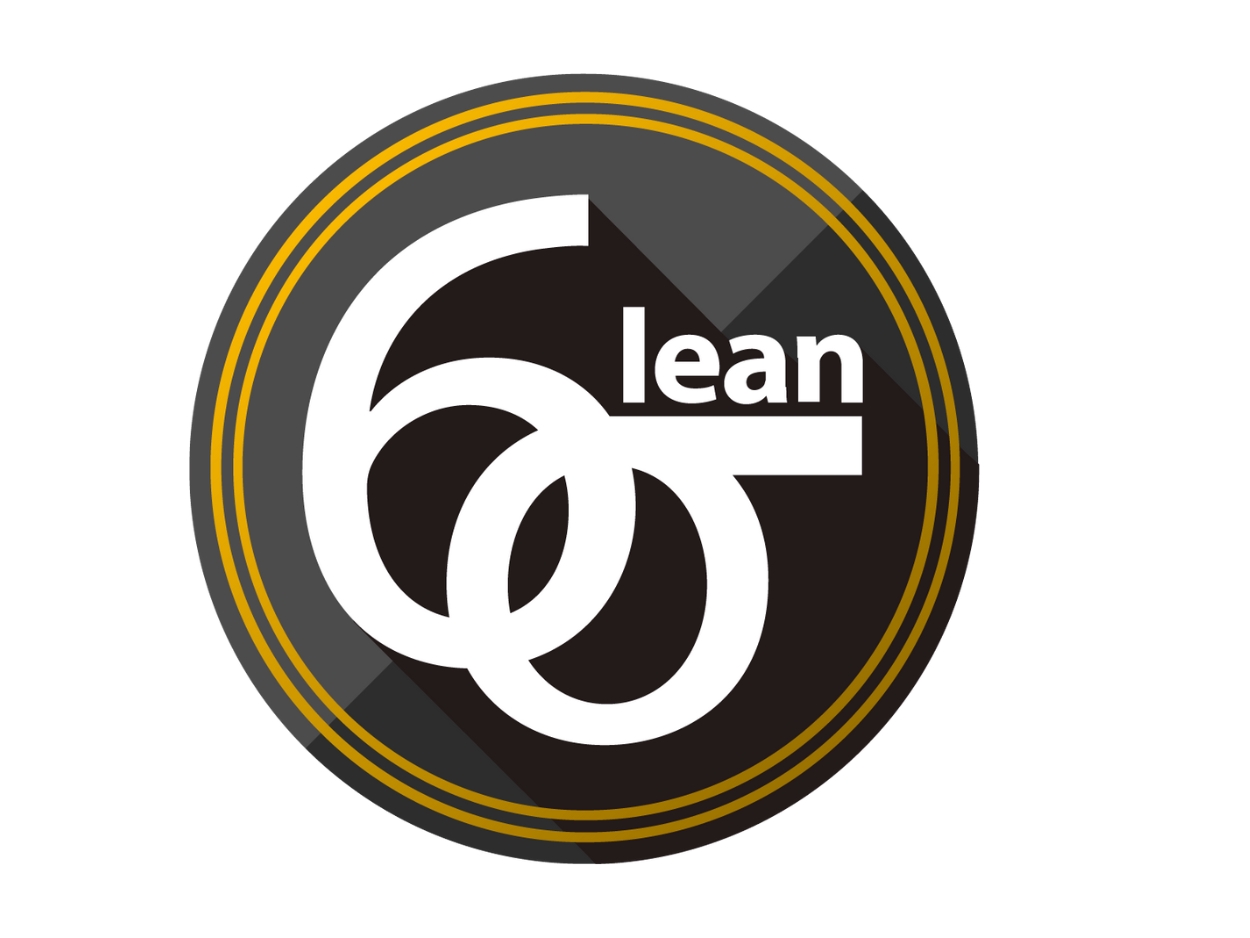Course:
Quality Management
Get Lean Six Sigma Green Belt Certification
Students
6570 students
Lesssons
14 lessons
Duration
Lifetime access
Quiz
1 quiz
Level
Intermediate
₹25,999.00
₹15,999.00

Why Should You Pursue a Certified Lean Six Sigma Green Belt Certification from Classify IQ?
Lean Six Sigma green belt certification is meant for those people who already possess the basic level of Lean Six Sigma certification. This program provides holistic knowledge about Lean Six Sigma principles and their influence over process improvement in an organization. Lean Six Sigma green belt certification is all set to produce knowledge regarding how professionals can lead a project team in an organization. We, Classify IQ, offer a lean Six Sigma green belt certification course in India. This course can be pursued from home. The Lean Six Sigma Green Belt certification by Classify IQ is abreast with international recognition standards like IASSC and ASQ, which makes this certification valuable for all industries.
Curriculum
Master the Skills That Matter
Curriculum
Curriculum
- 4 Sections
- 14 Lessons
- Lifetime
Expand all sectionsCollapse all sections
- Class Recordings6
- Study Material2
- Final Exam1
- Expert Sessions6
Key Highlights of Lean Six Sigma Green Belt Certification

Understanding of the Lean Six Sigma principles
Lean Six Sigma Green belt certification encompasses the concepts of lean and Six Sigma principles that provide a thorough knowledge of the DMAIC (Define, Measure, Analyze, Improve, Control) theory. Thus, professionals gain skills in problem-solving.

Hands on learning with real projects and data analysis
Lean Six Sigma green belt certification provides an opportunity to learn about live projects that help understand problems of process improvement in an organization in a real context. This course also includes MINITAB PRO data-based analysis training that develops efficiency for understanding data-based decision-making. This is how learners get to know the real application of Lean Six Sigma Green Belt principles in understanding statistical data for process improvement.

Flexible and accessible online learning
We at Classify IQ provide Lean Six Sigma certification online to learn from the comfort of your home. Professionals do not need to worry about time management and can balance career and learning simultaneously. Thus, they do not need to spend precious time commuting to join an offline institution and can save time and money as well.

Comprehensive curriculum with practical tools and techniques
The benefits of Lean Six Sigma Green Belt certification is it focuses on principles and practical application of theoretical knowledge. This course is developed for understanding advanced tools and techniques of lean six-sigma principles that help to analyze business processes in an organization. The following are the components covered in this Lean Six Sigma Green Belt certification course.
- Introduction to Lean Six Sigma Principles.
- Detailed knowledge of the DMAIC process.
- Advanced statistical analysis tools.
- Process mapping and data visualization.
- Root cause analysis and problem-solving techniques
- Control charts and process control
- Case studies and industry applications.
- Project documentation and reporting.
Features
Master the Skills That Matter
- Access to downloadable study material for a lifetime
- 24+ hours of Instructor-led interactive virtual classroom sessions on the weekend
- Access to 45+ hours of Module-based Six Sigma lectures via LMS
- 100+ Toolkits and Project Templates for Analysis and Implementation
- Soft copy of Lean Six Sigma Green Belt Body of Knowledge
- Live Data-oriented project, with Scenario and Analysis Methodology
- 20+ Dummy Projects and Case studies for Lean Six Sigma Application
- Support via subject expert through telephonic discussions on the weekend
- Sample Questions and Examination Guide for Certification Preparation
- Pre and Post assignments for process groups and knowledge areas
- Project implementation support and Data visualization using MINITAB PRO
- certification examination anytime within the 90 days course duration
- Internationally recognized certification for candidates scoring more than 50% marks
- Certification Validation Tool for third-party credentials validation
- Project Manager – To improve project management skills and methodologies.
- Operations Manager – To streamline operations and improve efficiency.
- Quality Assurance Manager – To enhance quality control processes.
- Business Analyst – To better manage projects and analyze processes.
- Supply Chain Manager – To optimize supply chain operations.
- Process Improvement Manager – To lead and manage process improvement initiatives.
- Manufacturing Engineer – To improve production processes and reduce waste.
- Healthcare Administrator – To enhance patient care processes and operational efficiency.
- IT Manager – To effectively manage IT projects and improve service delivery.
- Consultant – To provide expert advice on project management and process improvement.
- Chief Executive Officer (CEO) – To drive strategic initiatives and enhance overall organizational efficiency.
- Chief Operations Officer (COO) – To oversee and improve operational processes.
- Director of Operations – To manage and streamline operations at a strategic level.
- Program Manager – To oversee multiple projects and ensure alignment with business goals.
- Engineering Manager – To lead engineering projects and improve technical processes.
- Finance Manager – To manage financial projects and improve financial processes.
- Sales Director – To improve sales processes and manage large-scale sales projects.
- Product Manager – To effectively manage product development and launch projects.
Our Accreditation & Affiliation













Features of Lean Six Sigma Green Belt Certification
Structured DMAIC process training
This is the Lean Six Sigma green belt certification for structured learning acquisition of the DMAIC methodology in order to solve problems within an organization. Accordingly, professionals become efficient in the use of DMAIC methodology through Lean Six Sigma Green Belt Certification in order to solve organizational problems quickly.
Real-world case studies
The advantages of Lean Six Sigma green belt certification provide practical knowledge on Lean Six Sigma principles. Professionals learn real case studies that provide valuable insight into Lean Six Sigma green belt certification.
Affordable Lean Six Sigma certification cost
The Lean Six Sigma Green Belt certification costs nothing in comparison with its value. At Classify IQ, you will get a well-structured Lean Six Sigma Green Belt certification at affordable prices in India.
After completing Lean Six Sigma Green Belt Certification, professionals get thorough knowledge of lean and Six Sigma principles and can lead projects efficiently. Lean Six Sigma certification online provides advanced-level practical knowledge that helps achieve higher-level jobs.
Visit us for More Information:
Career Service Benefits
Solve problems efficiently
Add value to your resume
Unlock career growth
Use skills across industries
Support quality projects
Foundation for higher belts
Think
analytically
Gain professional credibility














